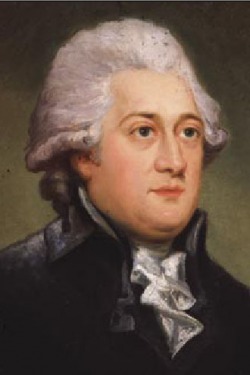
Instead, they invested in criminalization, police, and prosecution. Yet when those same types of white women being “helped” demanded equity, housing, voting rights, and education to be safe and decrease their vulnerability to actual predation, white men – including police – usually resisted these efforts. White women who were living with Black men, immigrants, or poor white men, for instance, or adult women who were sex workers, were forcibly removed by police claiming to be protecting them. For example, when Congress passed the White-Slave Traffic Act of 1910, a poorly-written and oft-misused law to combat sex slavery and human trafficking, cops and investigators were often sent to “rescue” white women from places where they wanted to be.

But history offers a more nuanced account. Perhaps it’s because society treats white women as human beings worth saving. White women’s cries and lies have galvanized law enforcement and lynch mobs to act on their behalf for centuries. But what is missing from the popular disparity discourse surrounding “Missing White Woman Syndrome” is that cops and cover stories were never meant to rescue our loved ones, and those of us who make this demand might turn up empty. We can safely assume that the exorbitant alarms around particular kinds of white women who go missing and the silence around missing Black and Indigenous women presents racial, gender, and class equity issues. White women’s cries and lies have galvanized law enforcement and lynch mobs to act on their behalf for centuriesĭisparity and visibility are such fickle things. Race should not determine how newsroom leaders assign coverage, especially because those decisions often lead to disproportionate allocation of government resources, as investigators try to solve the highest-profile cases.” Advocates and families of color express that the disparate media coverage signals that their loved ones’ lives don’t matter as much as the lives of white women, which they believe then discourages police from pouring resources to pursue the cases.

:max_bytes(150000):strip_icc()/GettyImages-529334295-5b89b99146e0fb00509b6c5b.jpg)
As Charles Blow recently penned: “It is not that these white women should matter less, but rather that all missing people should matter equally. A 2013 study found that news outlets covered missing white women significantly more often, and more intensely, than everyone else. Black people constitute 13% of the US population and 31% of missing persons 54% of missing persons are white, though they make up 76% of the population.


 0 kommentar(er)
0 kommentar(er)
